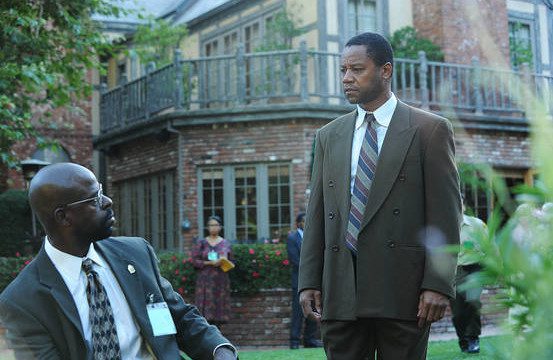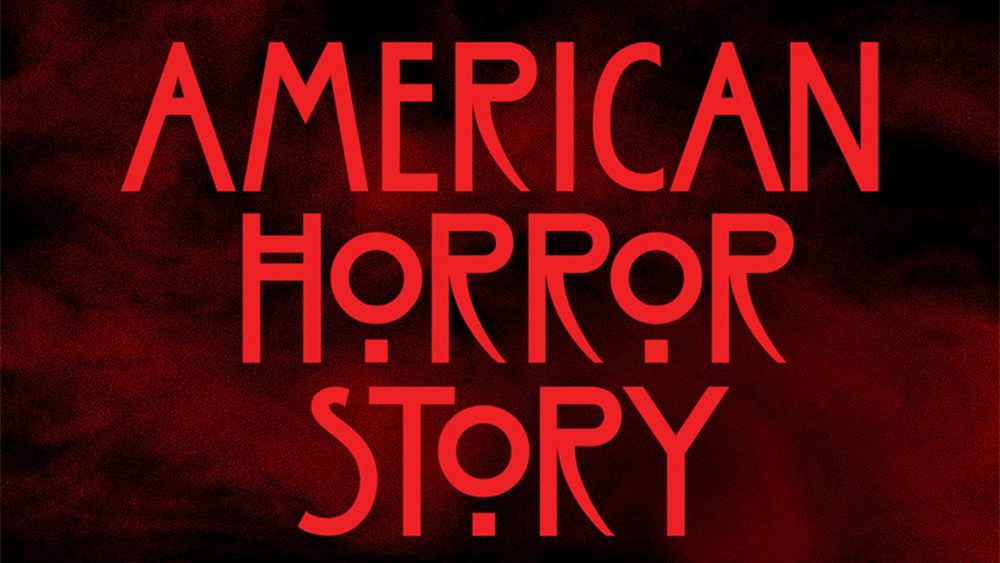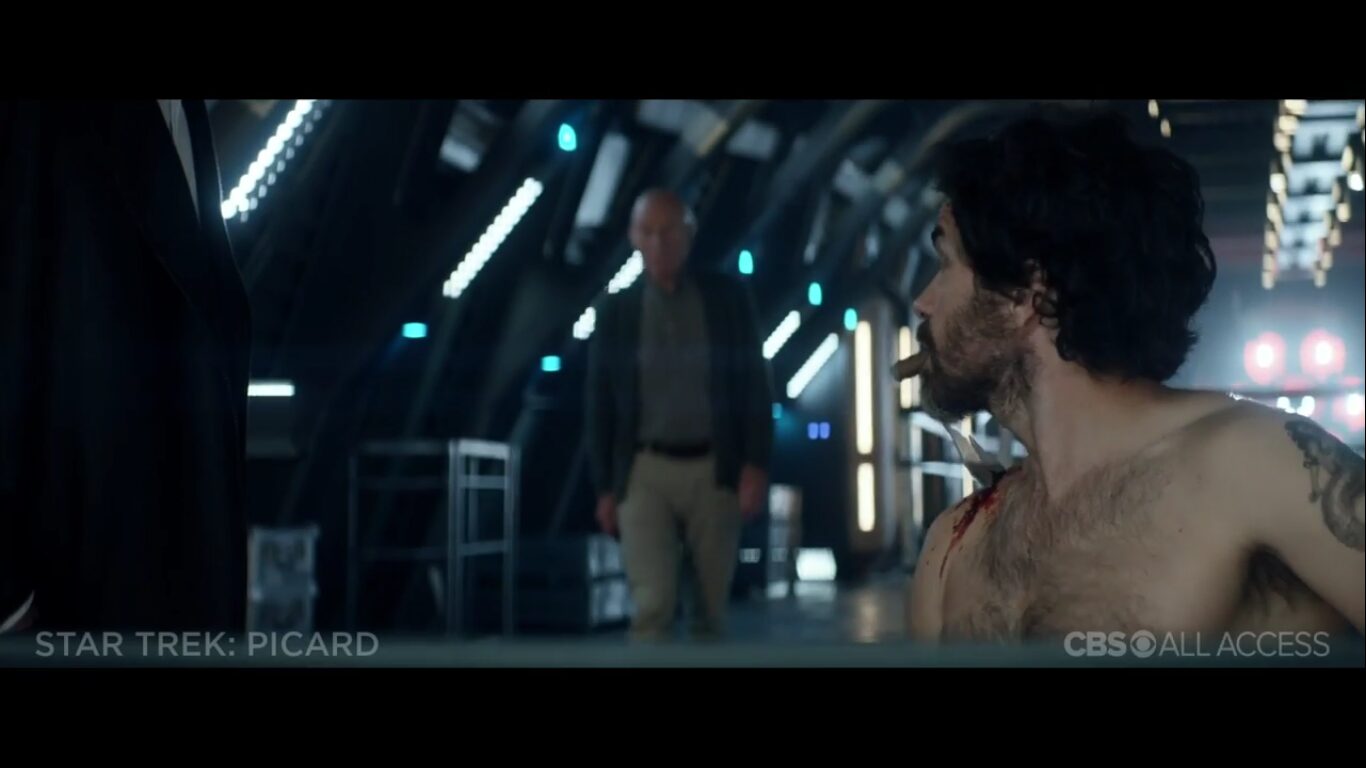Good lord, The People v. O.J. Simpson was stunning this week. Race took front and center in the aptly-titled “The Race Card,” and it was often uncomfortable and deeply tragic to watch. It was also impossible to turn away from. It’s just another episode in a long string of them that shows the mind-boggling competence and talent in front of and behind the camera on this show.
The cold open was a real gut-punch. Seeing Johnnie Cochran – shown in flashback as the Assistant DA – getting pulled over for “not signaling” was ominous enough, but the cop’s hand on the butt of his gun was even more chilling. The scene takes a turn for the tragic when Cochran drills his two young daughters on what to say to the police (nothing) and who does the talking (their lawyer), knowledge no child should possess at that age. The scene concludes with Cochran cuffed and eventually let go without an apology, and his daughter plainly asking “Daddy, did he call you a nigger?” “No, he didn’t,” Cochran responds. “He didn’t have to.”
And that, my friends, is how you do a cold open. It’s audacious and unsettling, and it offers insight into one of The People‘s best characters. We realize just how personal this case is for Cochran, who sees himself as a crusader. He has the fury of righteousness on his side, and it becomes apparent that his theatricality and bloviating aren’t completely performative. It doesn’t hurt that “The Race Card” is directed by John Singleton, who memorably helmed another racially-minded project starring Cuba Gooding Jr., Boyz N the Hood.
In such a racially-charged episode, it makes sense that this is the real introduction of Detective Mark Fuhrman, unseen since the premiere, and who might as well have his own boss battle theme music. Marcia Clark puts Chris Darden in charge of cross-examining Fuhrman, and Darden’s distaste for the man is palpable. (Credit to The People for making a huge attempt to humanize people like Clark and Darden, but having no qualms about shitting all over Fuhrman and Kato Kaelin.) “He says all the appropriate things,” Darden says of Fuhrman. Fuhrman’s presence is a destabilizing factor for the prosecution, whose hubris will ultimately lead to their downfall. They believe the evidence will prove itself – and in any sane world, it should have – but they are unaware of one crucial thing which only Johnnie Cochran seems to know: “Evidence doesn’t win the day. Jurors go with the narrative that makes sense. We’re here to tell a story.”
Lines like that, and the fact that they’re so damnably true, is another example of why a case like this could only happen in the gauzy fantasy land of Los Angeles. In the filmmaking capital of the world, it’s no surprise that people want to believe O.J. Look at the narrative the defense teams plans out for the Jury, when they go to visit both Nicole and O.J.’s houses. Nicole’s house is stripped of furniture and decorations, and Clark rightly notes that it erases her identity as not just a mother but as a person. O.J.’s house, however (“My house was in Sunset Magazine!” O.J. barks at one point, in the episode’s funniest line) is now filled with African art and pictures of O.J. with his mother. His Heisman Trophy is prominently displayed, to the obvious delight of one juror. “I like me some blackness,” Cochran crows.
So much of The People v. O.J. Simpson‘s success in how it makes you think. That sounds like a shallow insight, but when was the last time a show made you look inside yourself and wonder if you harbor these same racial prejudices? You don’t have to collect Nazi memorabilia like Mark Fuhrman does, but in says a lot about the state of race relations in 2016 America that an episode like “The Race Card,” which takes place 21 years in the past, can be seen as timely.
A Few Thoughts
- I’m really enjoying Kenneth Choi’s quiet work as Judge Ito
- Courtney B. Vance is absolutely stealing this show. The man is magnetic
- I loved Clark and Darden’s exchange about affirmative action in the 1970s. “I remember,” she says. “No you don’t; you’re white.”
- Apologies for not reviewing last week’s “100% Not Guilty.” Stuff came up, it doesn’t matter. But for what it’s worth I was going to give it four stars.
- Episode director John Singleton went to Pasadena City College, one of my many alma maters. Go Lancers!





